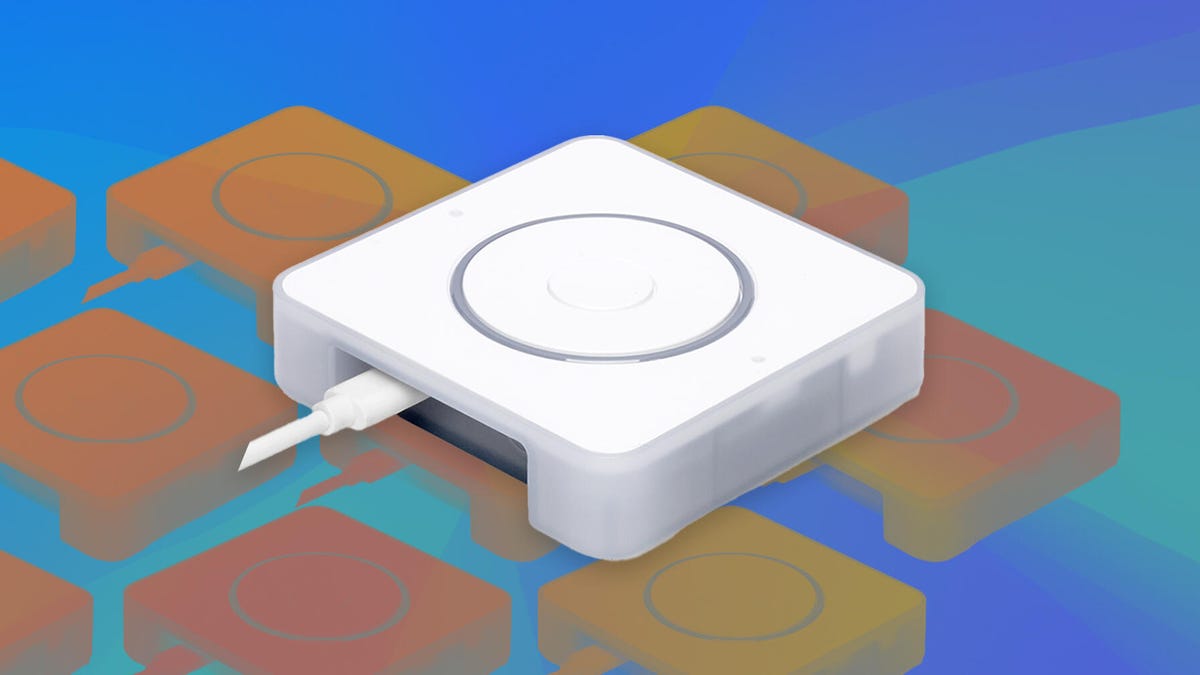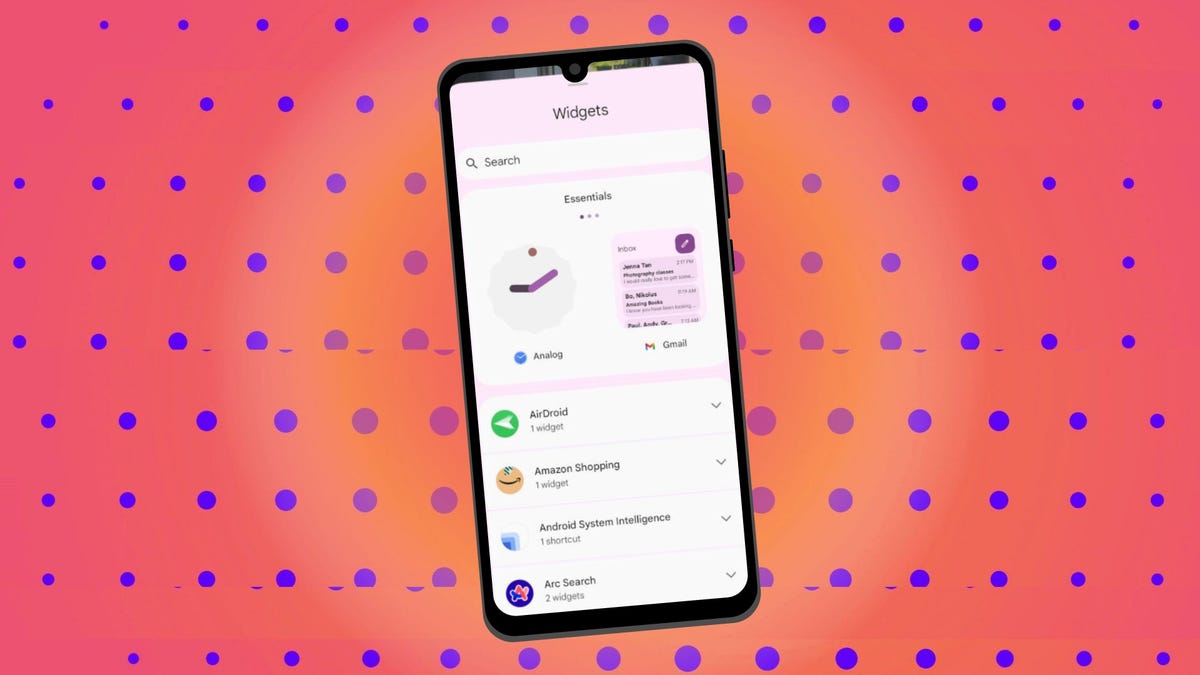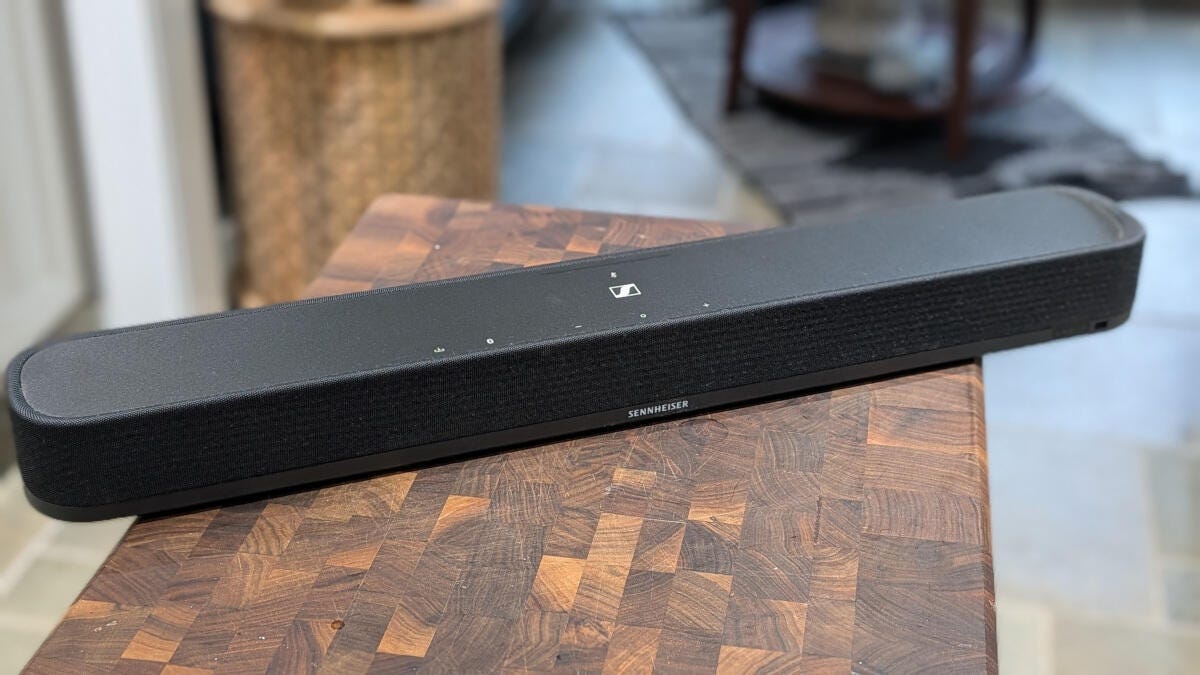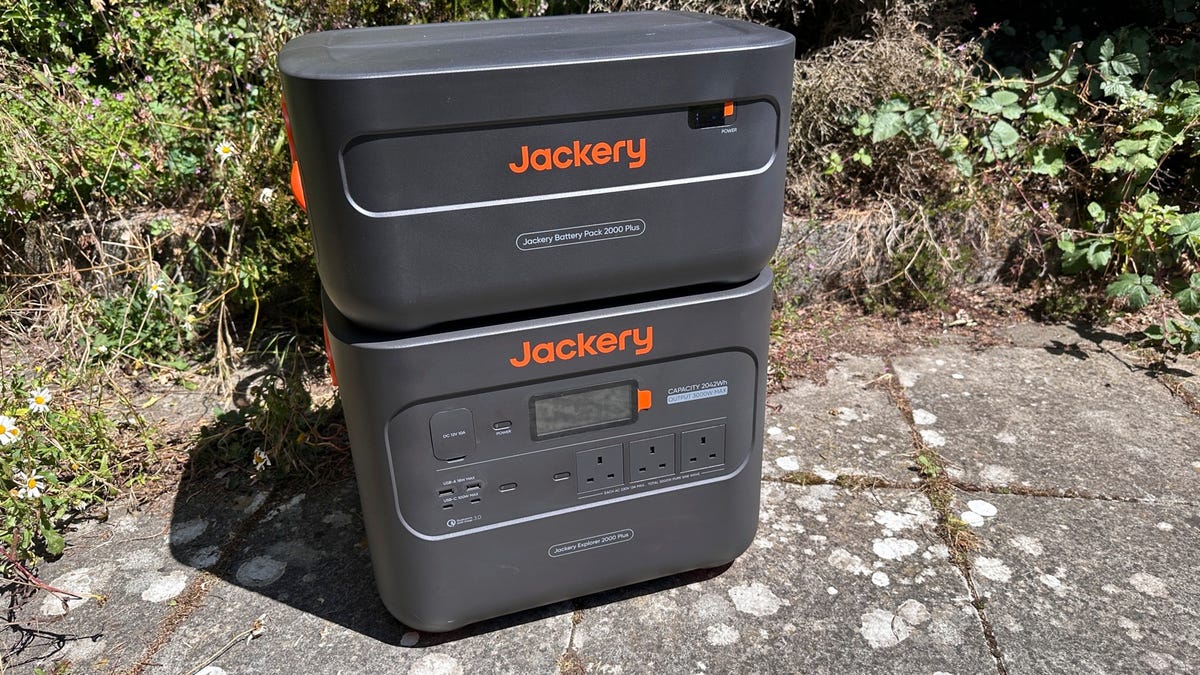
Home Assistant, a smart home automation system, is getting one of the biggest upgrades in years. The platform is getting voice control for the first time with the launch of the Home Assistant Voice Preview Edition, a new privacy-focused device manufactured by Nabu Casa.
The new independent voice assistant runs locally and privately, independent of cloud services or internet connections. The open-source voice assistant hardware is available now at $59 and has dual microphones to help pick up prompts from anywhere in the room and a strong speaker to respond. The Home Assistant Voice Preview Edition has a dial with an LED light indicator for volume control and a mute switch on the side, which changes the LED to red when it’s not listening.
Also: The best unique products and gadgets we tested in 2024
The Home Assistant Voice Preview Edition is like an Echo speaker for Amazon Alexa or a Google Nest Audio speaker for Google Home but it’s limited to giving users voice control and does not work as a hub to connect devices directly. It’s more of a tool to give HA voice control.
Users can say, “Okay Nabu,” “Hey Jarvis,” or “Hey Mycroft” as wake words. HA isn’t offering the ability to add custom wake words for now, as it indicates the community can work to create more wake words. HA is focused on perfecting its current wake words to process a variety of accents and voice registers. Creating new wake words would require training the model to process a new term, which requires powerful hardware and resources.
Also: Agents are the ‘third wave’ of the AI revolution
“We all deserve a voice assistant that doesn’t harvest our data and limit features. That’s why we’re rapidly advancing our open-source, privacy-focused voice assistant for the home. This has led us to build high-quality hardware that can hear you from across the room while looking great in your home,” Paulus Schoutsen, founder of Home Assistant and Nabu Casa, said during a live stream unveiling the device. “Right now, it’s not ready for every home, but this will help more people participate in its development and allow them to preview the future of voice today.
Users can purchase a Home Assistant Voice Preview Edition device, connect it to USB-C power, and set it up with HA’s installation wizard. The device also features a button in the middle that can trigger the voice assistant, powered by HA’s Assist, or customized in HA to control devices around your home.
While running with HA, the Voice Preview Edition can run fully locally, which keeps your voice in your home, not sent to cloud servers or recorded for perpetuity, as other voice assistants do. HA also offers the ability to offload the device’s audio processing to the Home Assistant Cloud, a subscription service that doesn’t store voice recordings or train on user data.
“Our goal is ambitious: not just to match existing voice assistants, but to surpass them. We’ll support languages big tech ignores while running fully locally in your home,” Schoutsen said. “The era of open, private voice assistants begins now, and we’d love for you to be part of it.”
Also: No one wants another chatbot. This is the AI we actually need
As it’s not meant to be a music speaker, the Voice Preview Edition device has a 3.5mm jack to amplify music to an external speaker.
Home Assistant is one of the most sought-after smart home automation systems due to its freedom of customization. It’s an open-source project that has attracted tinkerers and tech-savvy smart home enthusiasts who often set it up on a Raspberry Pi.
The only cost for HA is the time and effort required for setup, especially for those unfamiliar with the smart home platform. Once up and running, HA runs locally, so it works in your network even if you don’t have an internet connection.
Adding the Home Assistant Voice Preview Edition gives HA users voice control over their devices set up in HA, with the certainty of privacy. Unlike smart speakers from Amazon, for example, the new Voice Preview Edition doesn’t have ads or shopping notifications out of the box, making headway into a market controlled by Google, Amazon, and Apple.




